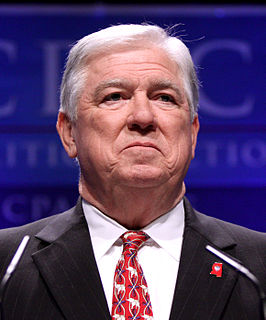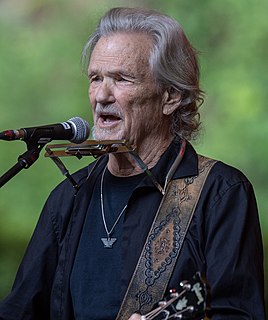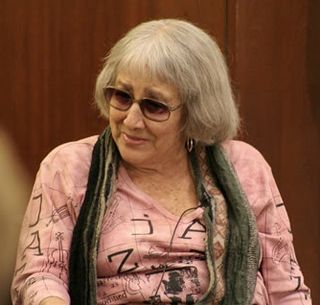A Quote by David Letterman
Have you been following the big oil spill in the Gulf of Mexico? Or as we call it now, the Dead Sea.
Related Quotes
There have been more than 30,000 oil wells drilled in the Gulf of Mexico in the last 50 years. This is the first time something like this has ever happened [BP Deepwater Horizon oil spill], and we need to get to the bottom of it, find out what happened, make sure it doesn't happen again. But I think it is very reasonable to continue to drill.
With the Gulf spill, I absolutely merged in the time when I had that infection. I couldn't get out of the Gulf spill. There were so many similarities: the drains and the siphoning and the tubes. And also in the way the earth was hurt, the ocean was bleeding. Remember the video cams of the oil gushing? I couldn't stop watching that.
The momentum of Asia's economic development is already generating massive pressures for the exploration and exploitation of new sources of energy and the Central Asian region and the Caspian Sea basin are known to contain reserves of natural gas and oil that dwarf those of Kuwait, the Gulf of Mexico, or the North Sea.





























